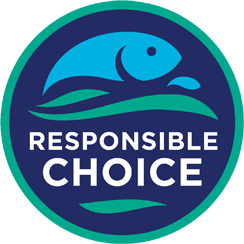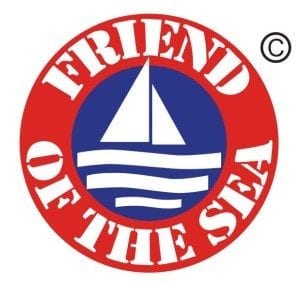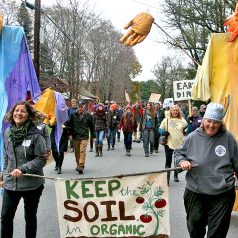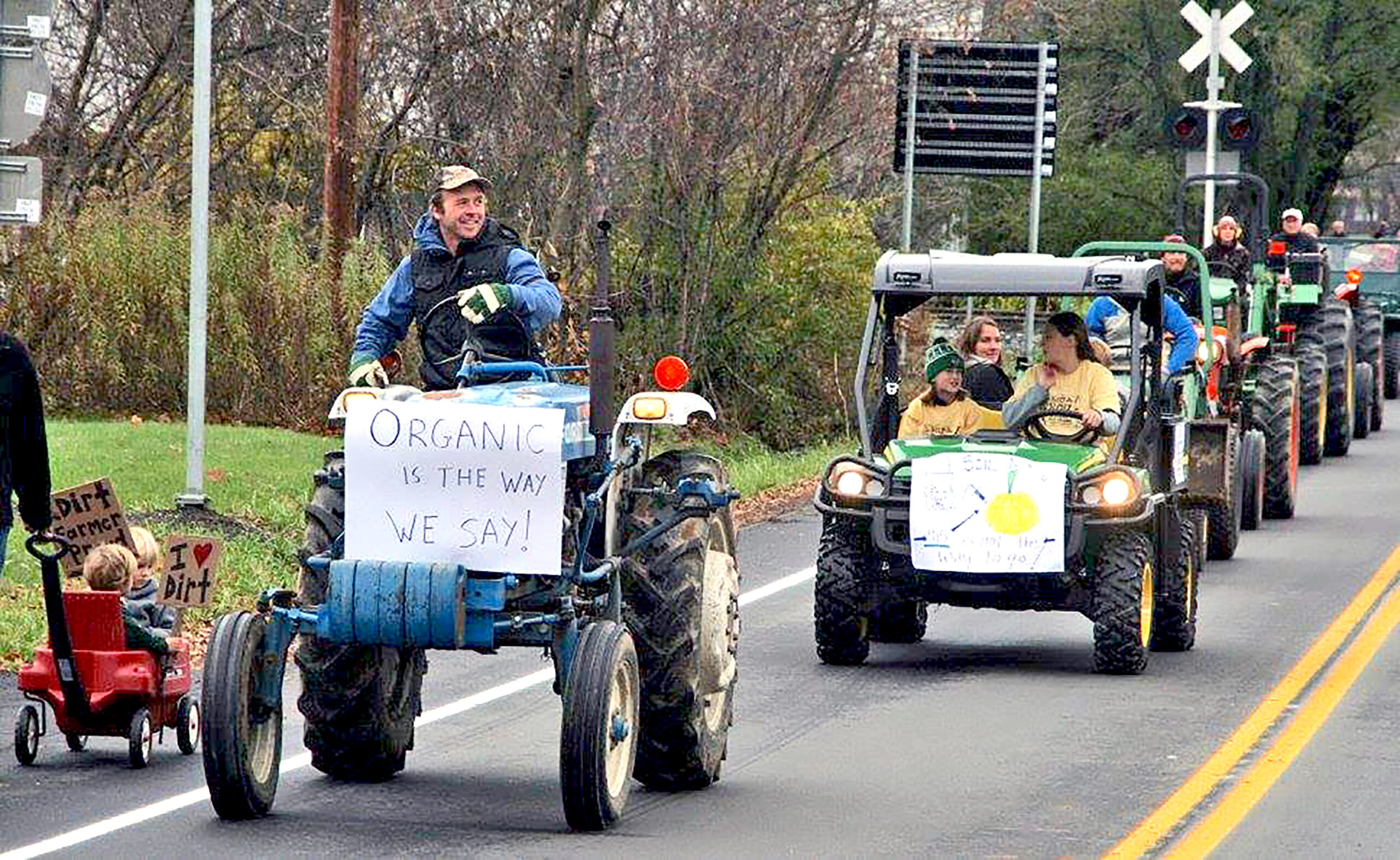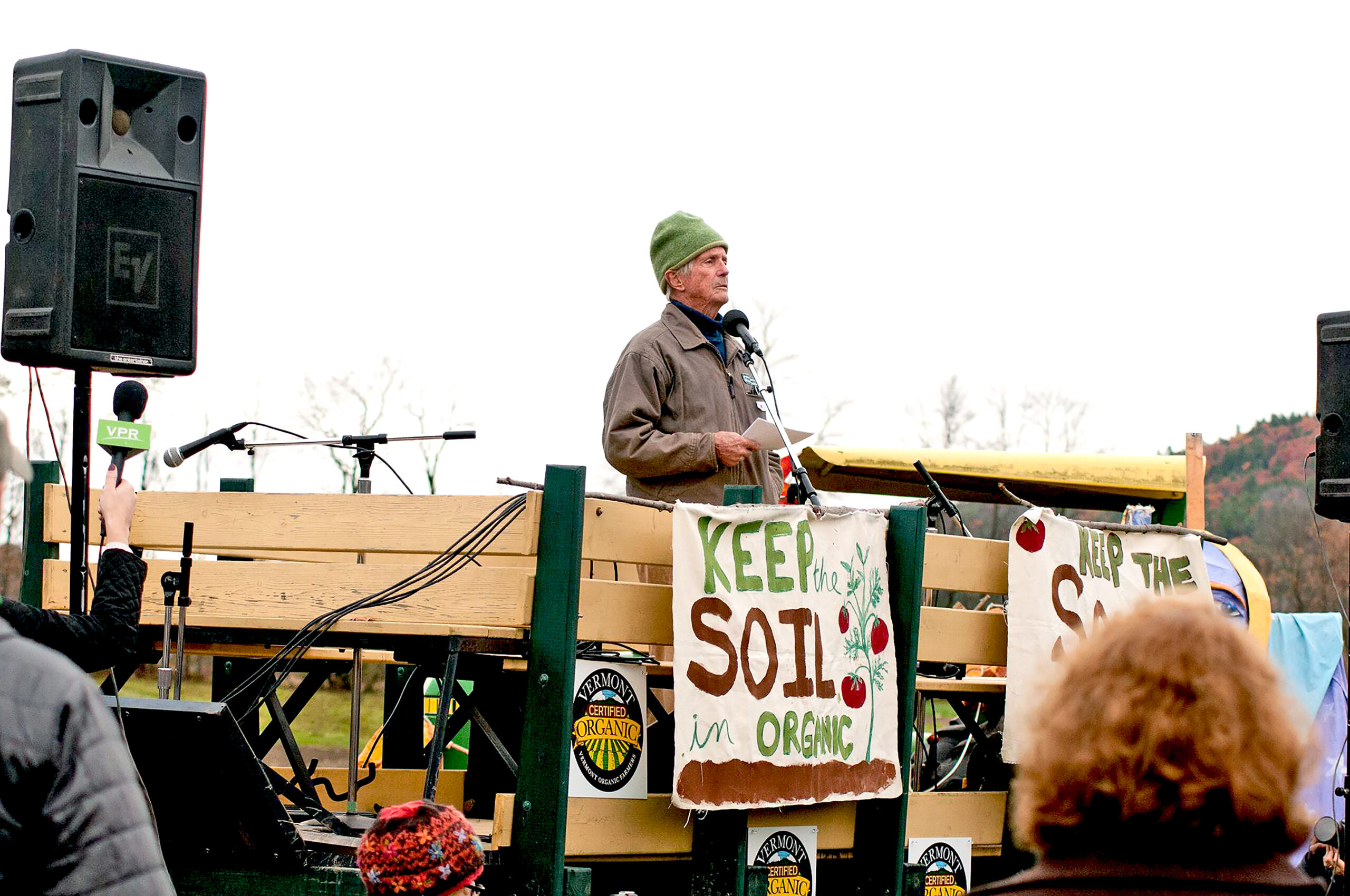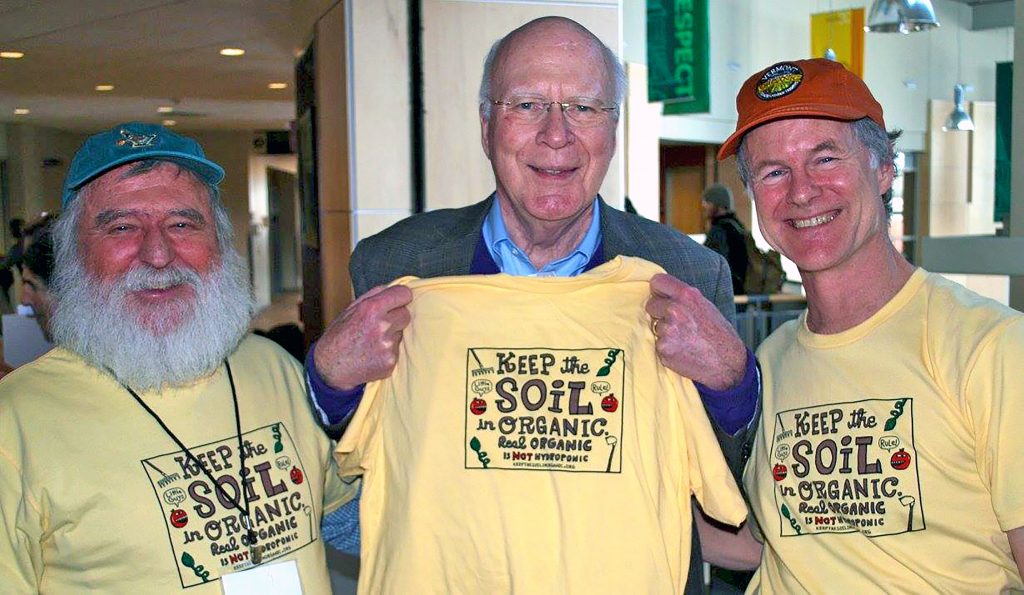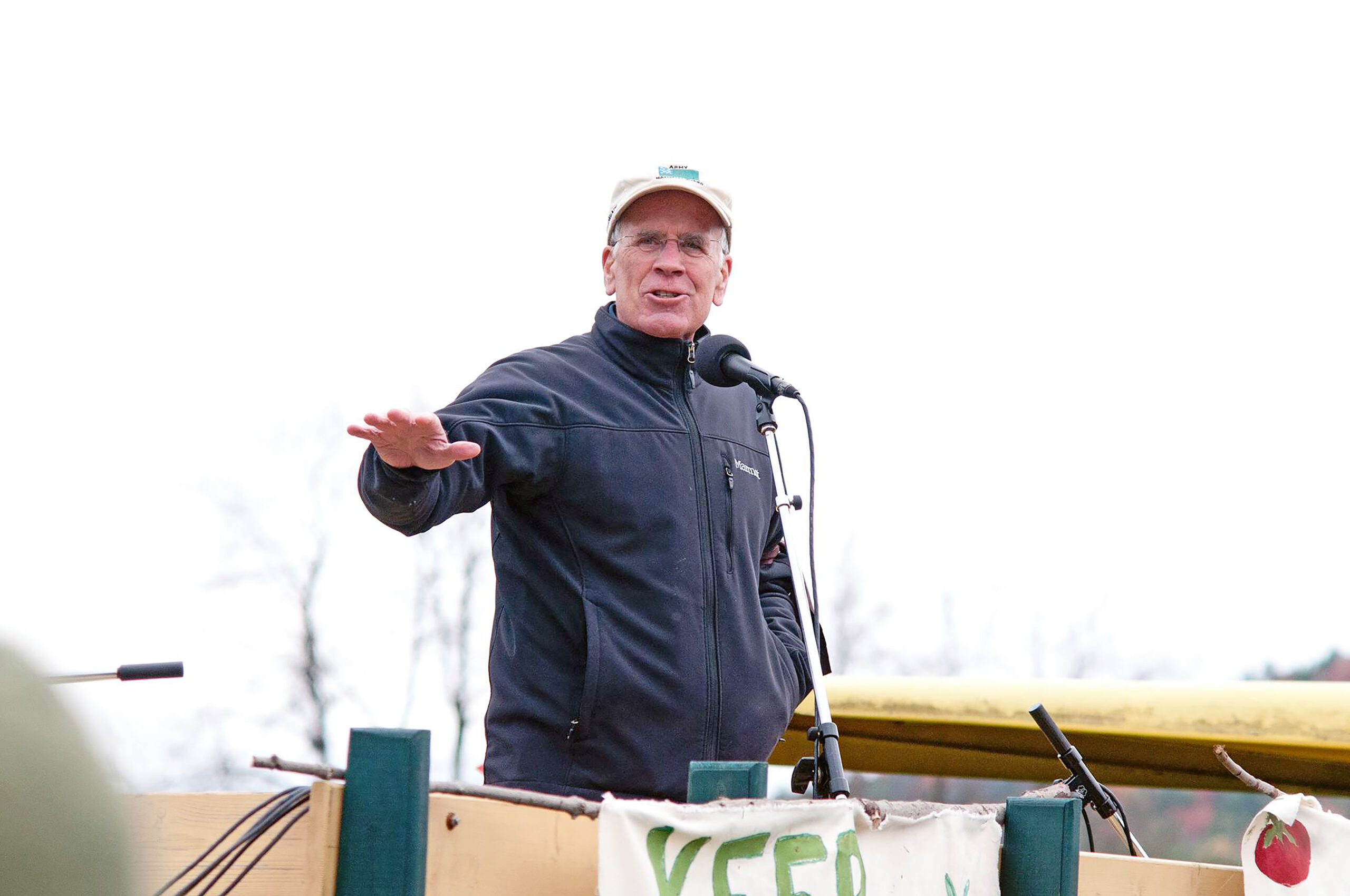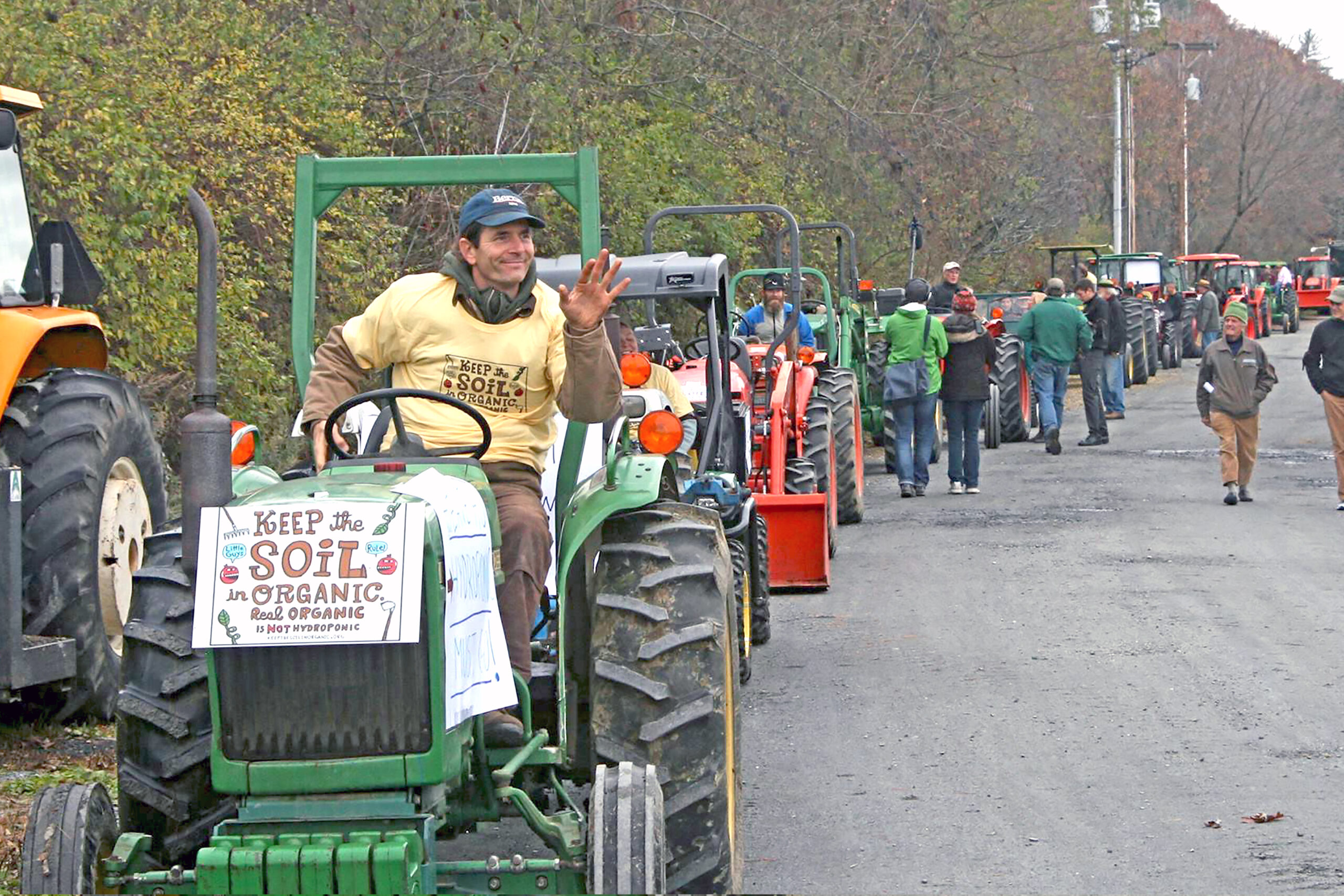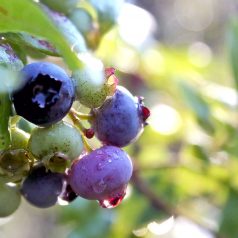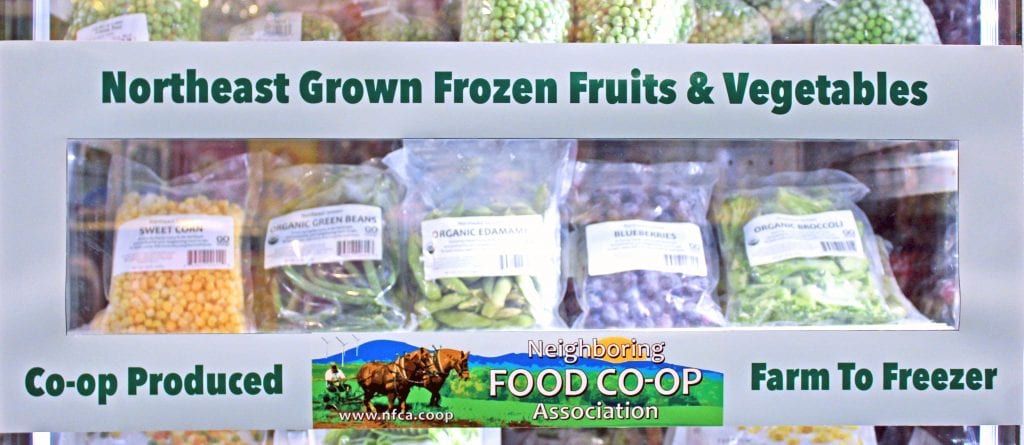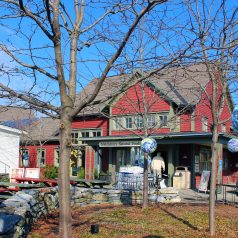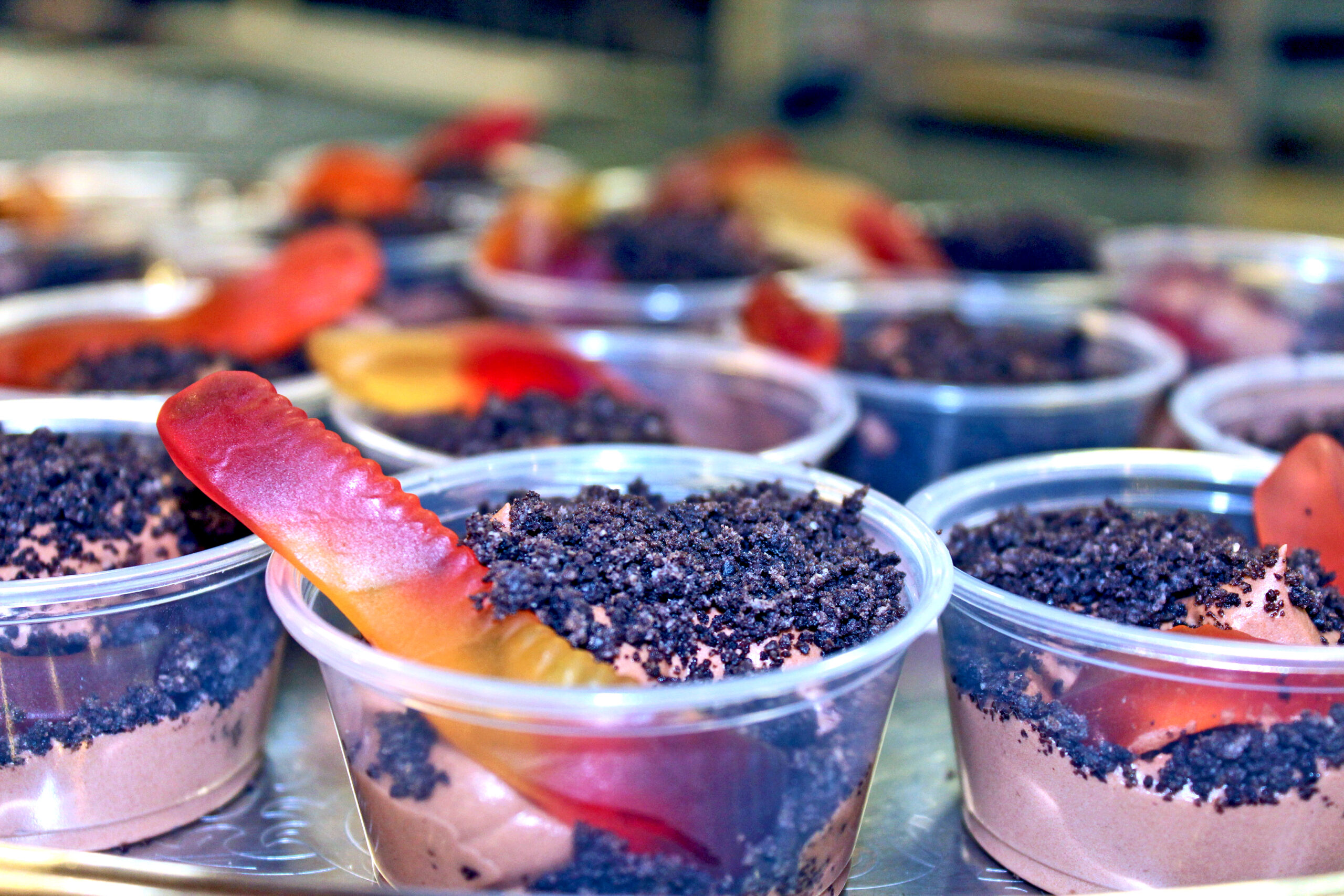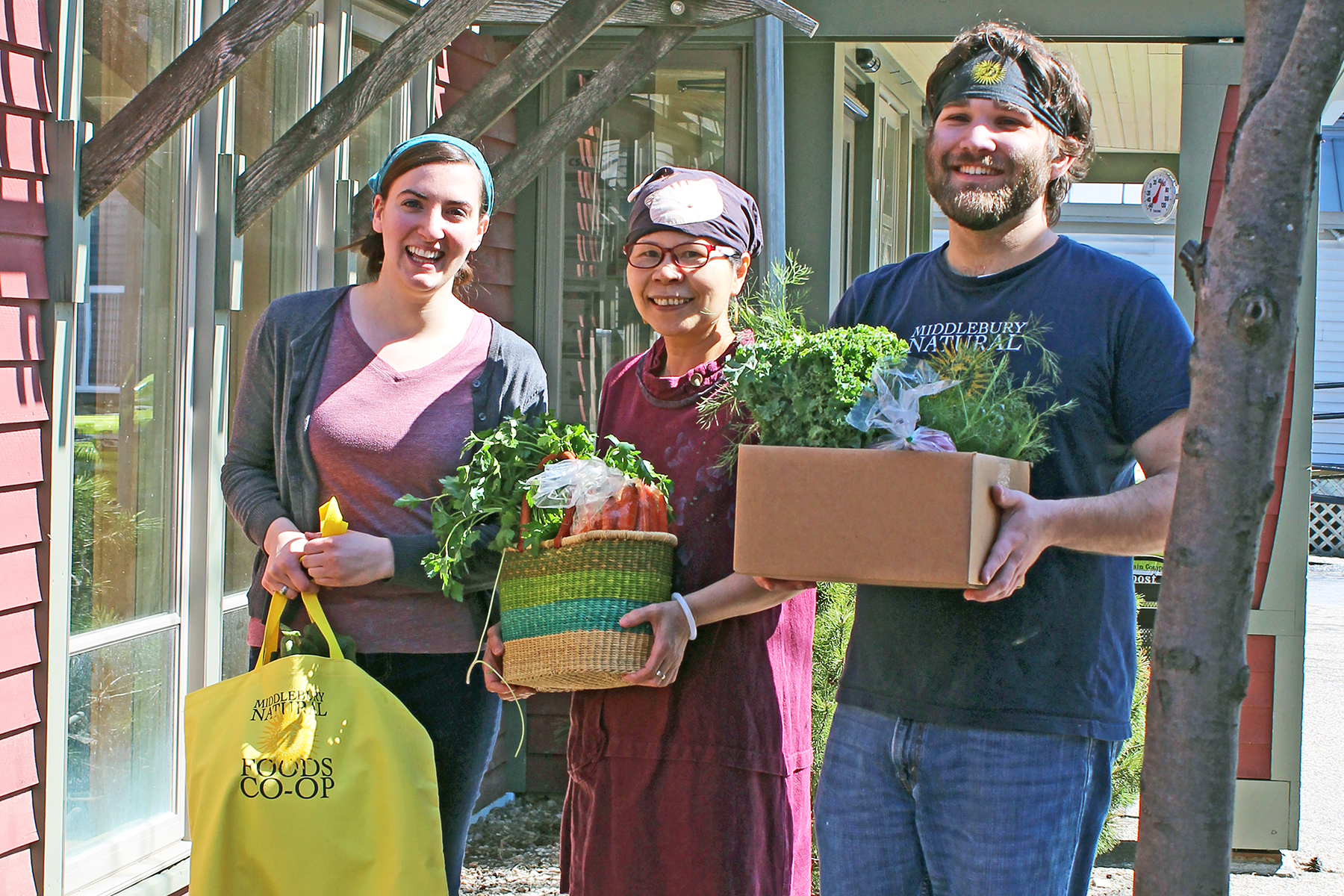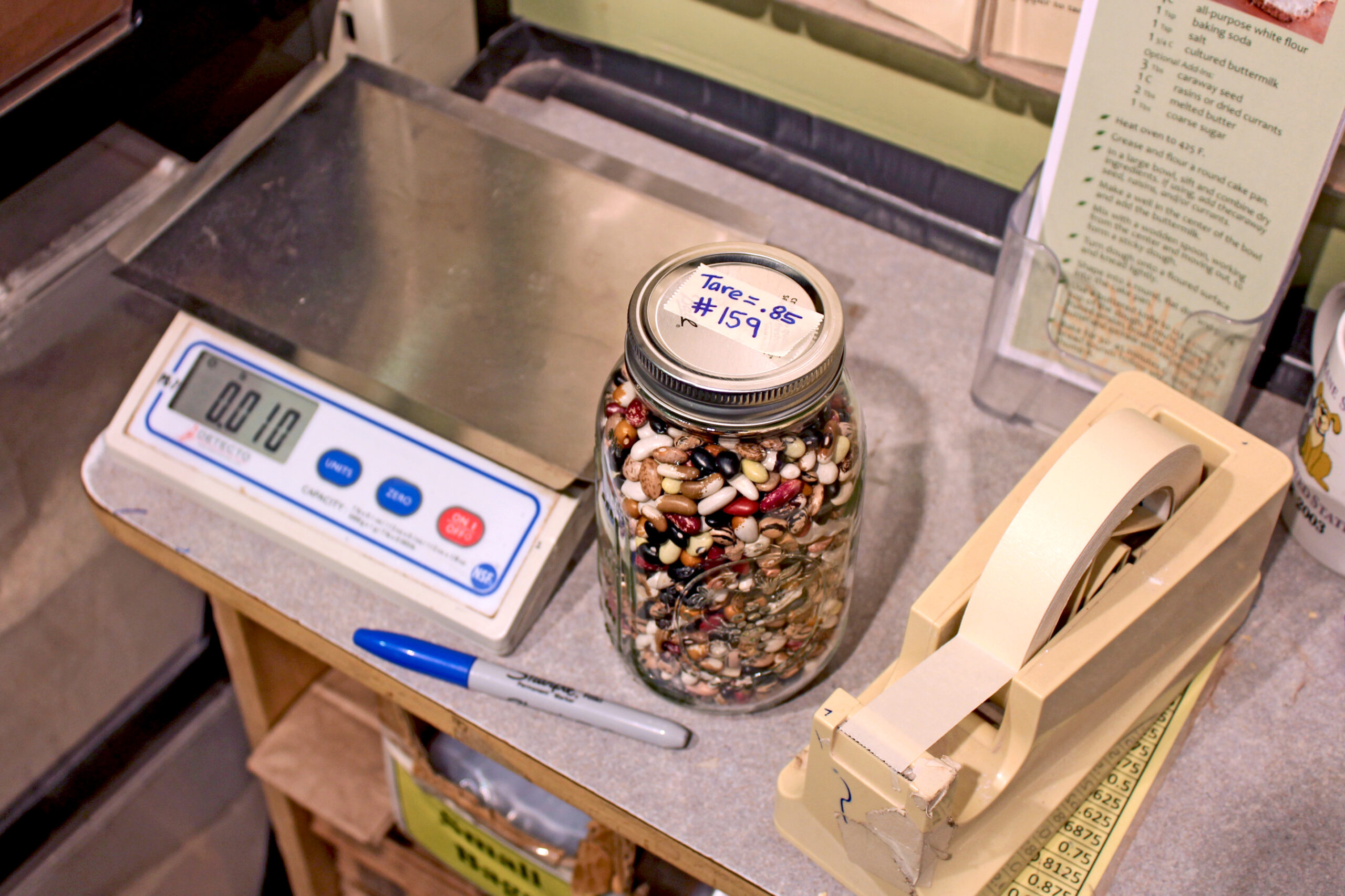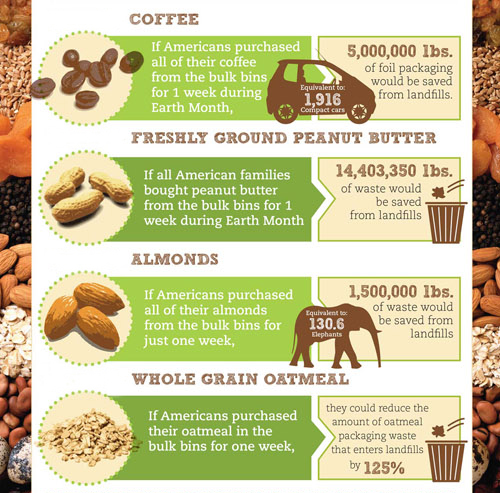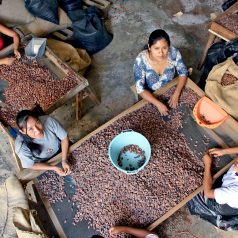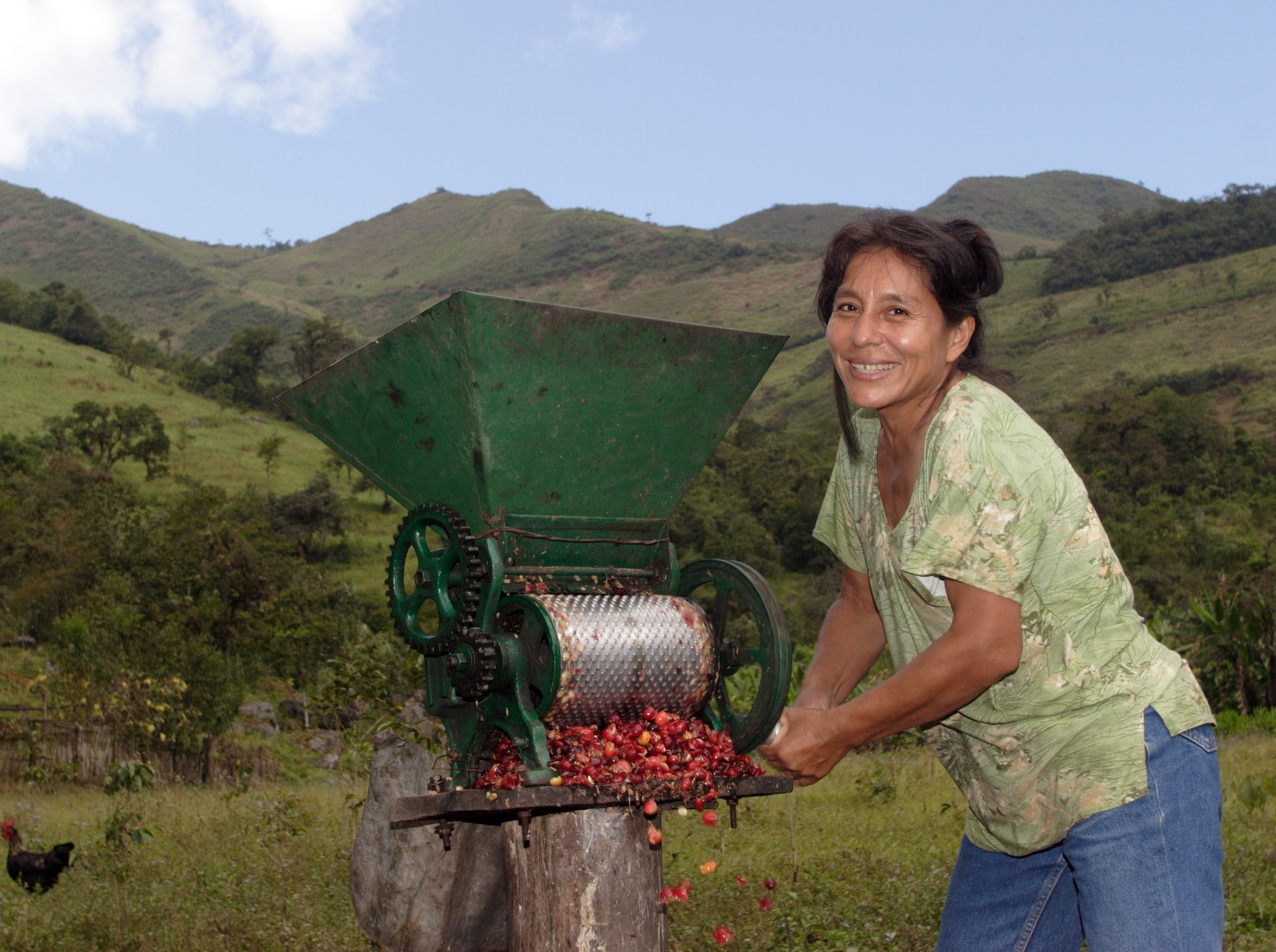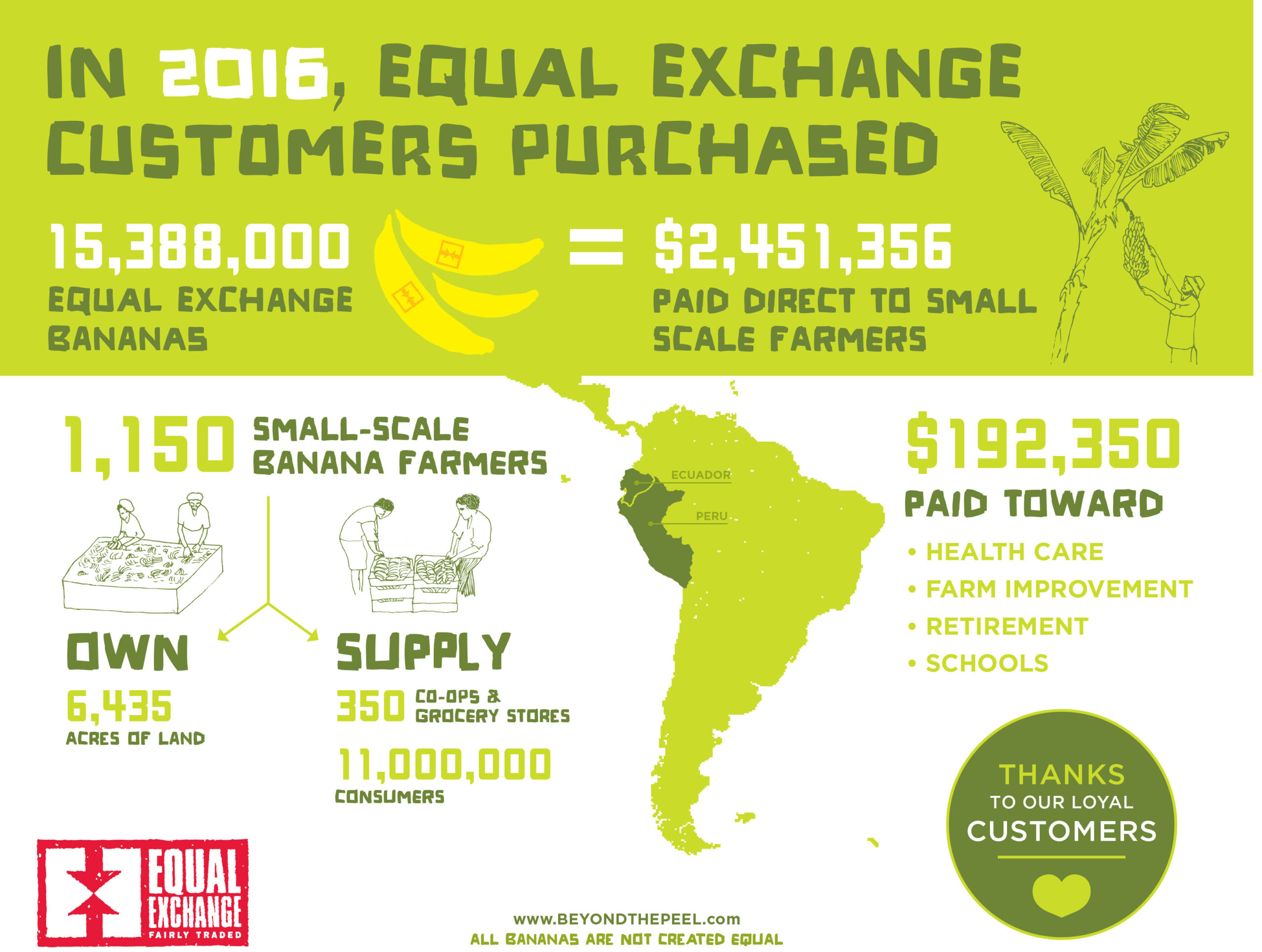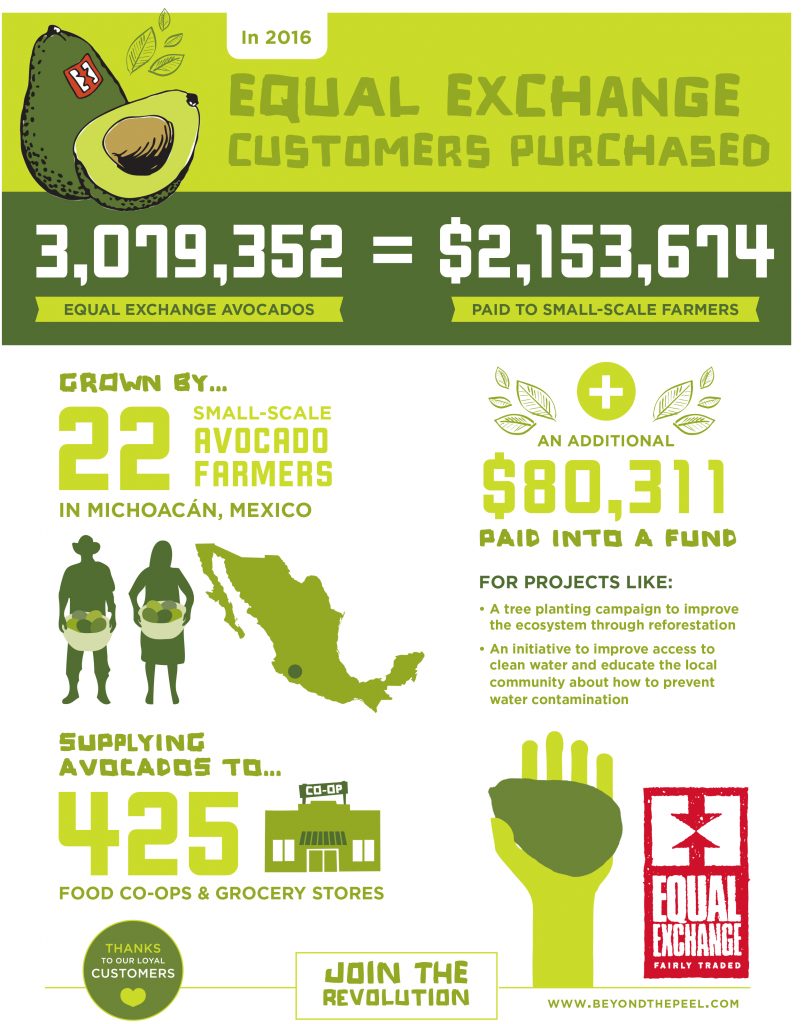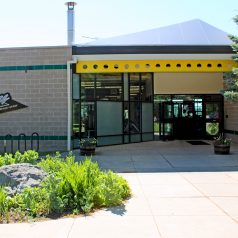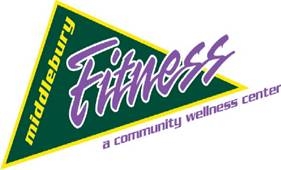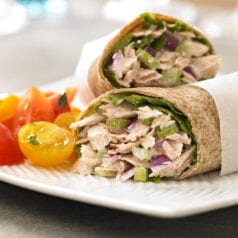
Spotlight on Natural Sea
This week, we’re casting our Member Deals spotlight on Natural Sea to highlight the wonderful things they do to make high-quality, sustainable seafood available at the Co-op. Their products will be 20% off for member-owners from March 30th – April 5th. They offer an array of frozen and canned seafood products that individually meet the guidelines established by various independent agencies including the Monterey Bay Aquarium, Marine Stewardship Council (MSC), The Safina Center (formerly Blue Ocean Institute), and Earth Island Institute. Read on to learn more about Natural Sea, and the importance of choosing sustainable seafood:
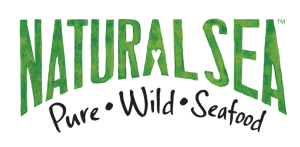
Since 1991, Natural Sea has been committed to sustainable fishing and ocean-friendly seafood. The salmon and tuna they offer are wild caught, not farmed. They’re non-GMO verified, traceable, and harvested using dolphin safe, ocean-friendly methods. Plus, they’re packaged in cans that are BPA-free. The skipjack offered by Natural Sea is individually pole & line caught from a MSC certified fishery to protect ecosystems and preserve habitat. Natural Sea’s frozen cod sticks and fillets are also MSC certified, and they’re breaded with multi-grain breading made from organic whole wheat and organic cornmeal. Their frozen fish nuggets, fish strips, and fish fillets are made with MSC certified minced pollock, and they contain no MSG or preservatives. In short, Natural Sea goes to great lengths to ensure that the seafood on your plate delivers the healthy protein and omega-3’s that you’re looking for without unhealthy additives or undue harm to oceans and sensitive fish populations.
So, why does this matter?
From above, it may seem that there are plenty of fish in the sea, but dive beneath the surface and it’s a different story. Over-fishing, lack of effective management, and our own consumption habits are just a few factors contributing to a decline in wild fish populations. Evidence of these problems abounds.
In just the past decade, Atlantic populations of halibut and yellowtail flounder joined the list of species at all-time lows. The cod fishery, once a backbone of the North Atlantic economy, collapsed completely in the early 1990s and has shown little evidence of recovery two decades later. The breeding population of Pacific bluefin tuna is now at only four percent of its original size and decline will continue without significant, immediate management changes.
Other harmful effects of fishing—some of which are preventable with modifications to gear—also impact the ocean, including the accidental catch of unwanted species (bycatch) and habitat damage from fishing gear.
So, how did we get here? One reason is the advent of industrial-scale fishing, which began in the late 1800s and has been accompanied by significant declines in the size and abundance of fish. By the mid-1990s, these fishing practices made it impossible for natural fish stocks to keep up. Ninety percent of the world’s fisheries are now fully exploited, over-exploited or have collapsed.
Because the ocean seems so vast and its resources limitless, these threats are often “out of sight, out of mind,” but over-fishing issues are not just for future generations to bear; they’re very real problems threatening our current seafood supply and the health of our ocean. The good news is that there is much we can do.
- Support sustainable seafood with your food dollars – Ask for sustainable seafood at stores and restaurants. By asking this simple but important question, you can help shape the demand for, and ultimately supply of, fish that’s been caught or farmed in environmentally sustainable ways. Consumers play an important role in shaping ocean health, so start making a difference today! Look for brands like Natural Sea, Orca Bay, or Henry & Lisa’s when shopping at the Co-op.
- Use sustainable seafood resource guides, like this one from the Safina Center, when shopping for seafood.
- Consider these ocean-friendly substitutes when the seafood in your recipe isn’t a sustainable option.
- Look for logos like these below to guide your seafood buying decisions:






